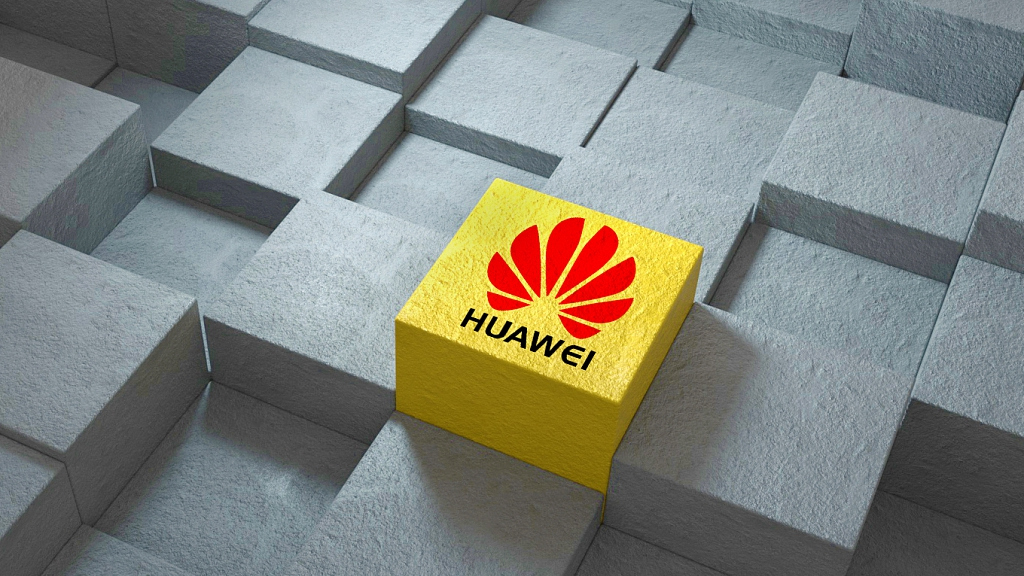
TV Show
22:24, 22-May-2019
How have China-U.S. trade tensions affected the world?
World Insight with Tian Wei
04:04

On May 20, American tech giant Google announced its breakup with Huawei, stripping the Chinese telecommunications giant of Google's software support. Millions of Huawei users around the world were left to wonder if they will be able to update the Android operating system that powers their phones and whether they will still access popular apps like Gmail.
The move came just days after President Donald Trump barred U.S. companies from engaging in telecommunications trade with Huawei after it was added to a trade blacklist.
In the UK, there have been talks that Theresa May's administration might include Huawei in its 5G rollout, but with the U.S. president likely to visit the UK in early June, that plan seems to be on pause.
What might be the impact on the UK? Are we seeing an escalation of disruptions to the already slowing global economy?
"If we end up with an inferior 5G because we are unable to use infrastructure provided by Huawei, then we lose. What is being used here is shock power, where the U.S. particularly bullies other countries into following their particular line on something, like technology. It's a new phenomenon and international relations," said Iain Begg, professor at the European Institute and co-director of the Dahrendorf Forum of the London School of Economics and Political Science.
Europe is not the only place that is likely to be impacted by that, Asia will also feel the ripples.
According to Ei Sun Oh, a senior fellow at the Singapore Institute of International Affairs, up to 15 percent of Malaysia's exports, for example, are electronic components exported to China, which are then exported to the United States. So if the U.S. imposes tariffs on these products, it will have a chain effect.
China is the target of the U.S. at the moment because it is its largest trading partner. Japan, the European Union and Southeast Asia may be next.
On May 21, Huawei's CEO Ren Zhengfei said the ban would have little impact on the company, and sent a message of gratitude and unity to its American partners.
Zhang Jianping, director general of the Center for Regional Cooperation at the Chinese Academy of International Trade and Economic Cooperation in Beijing, believes that Huawei is taking the leading role.
He said that in the past 30 years, Huawei has been mainly focusing on the IT sector and telecom sector. Today if we look at the approved 5G patents, Huawei makes up 28 percent or close to 29 percent, while Samsung constitutes only 20 percent. If we look at the polar code editing standards, Huawei already makes up 49 percent of the total, followed by Ericsson at 25 percent.
Zhang noted that in the 5G field, American companies are behind Huawei, which is hard for Washington to accept. Huawei operates in more than 100 countries and their services are assembled in China and exported to global markets. The U.S. punishing Huawei means that it is punishing all companies dealing with Huawei around the world.
(If you want to contribute and have specific expertise, please contact us at opinions@cgtn.com.)

SITEMAP
Copyright © 2018 CGTN. Beijing ICP prepared NO.16065310-3
Copyright © 2018 CGTN. Beijing ICP prepared NO.16065310-3